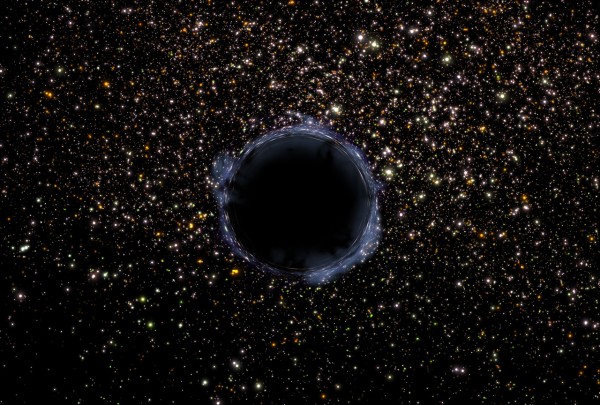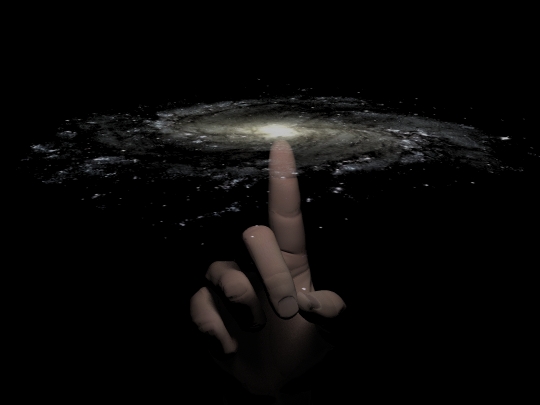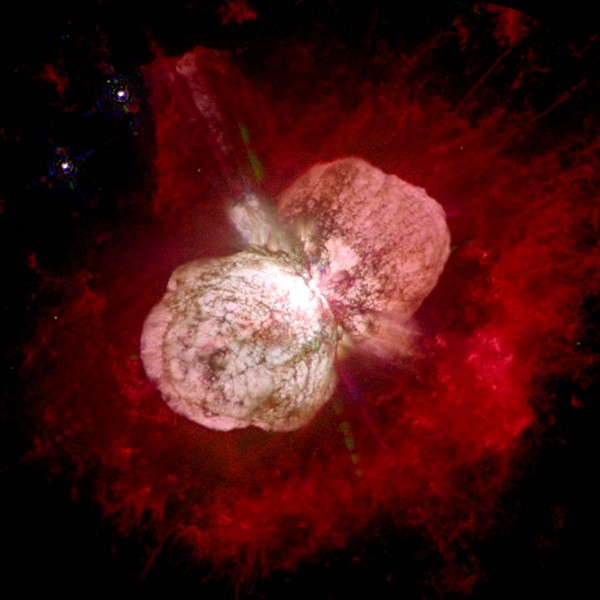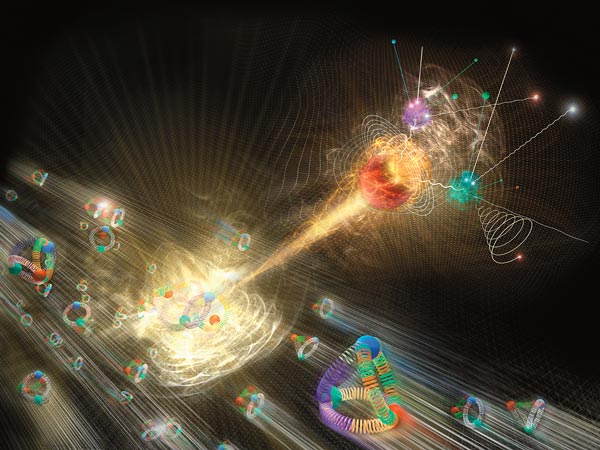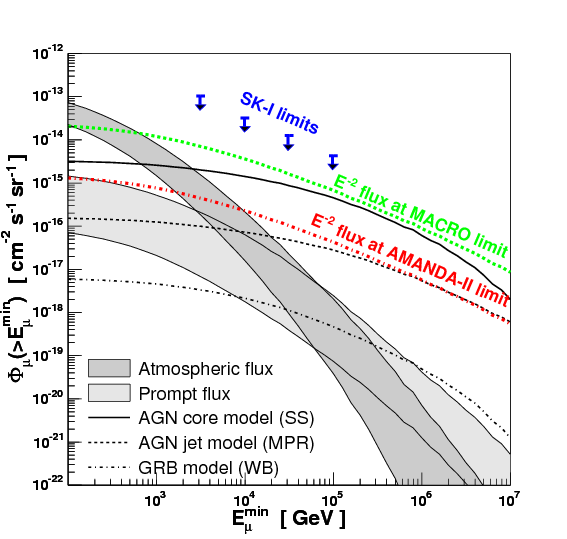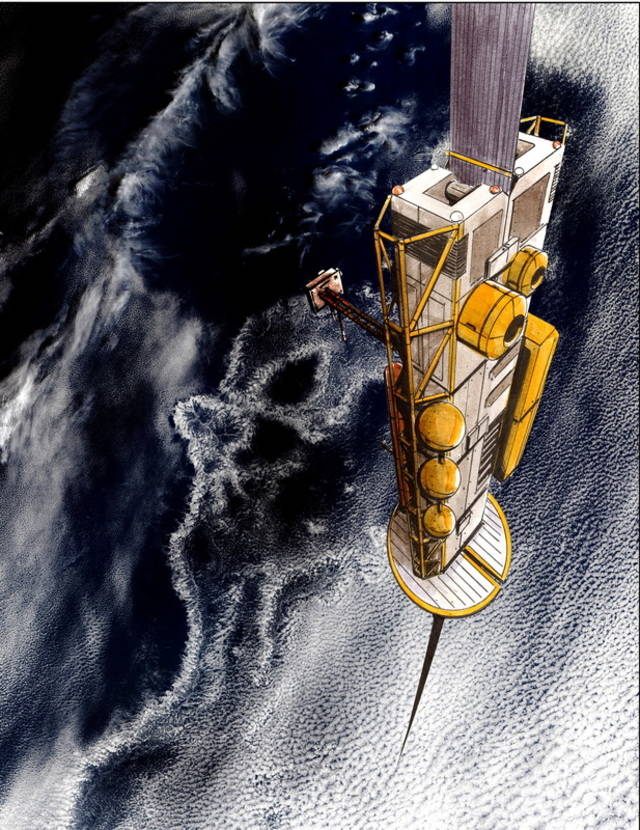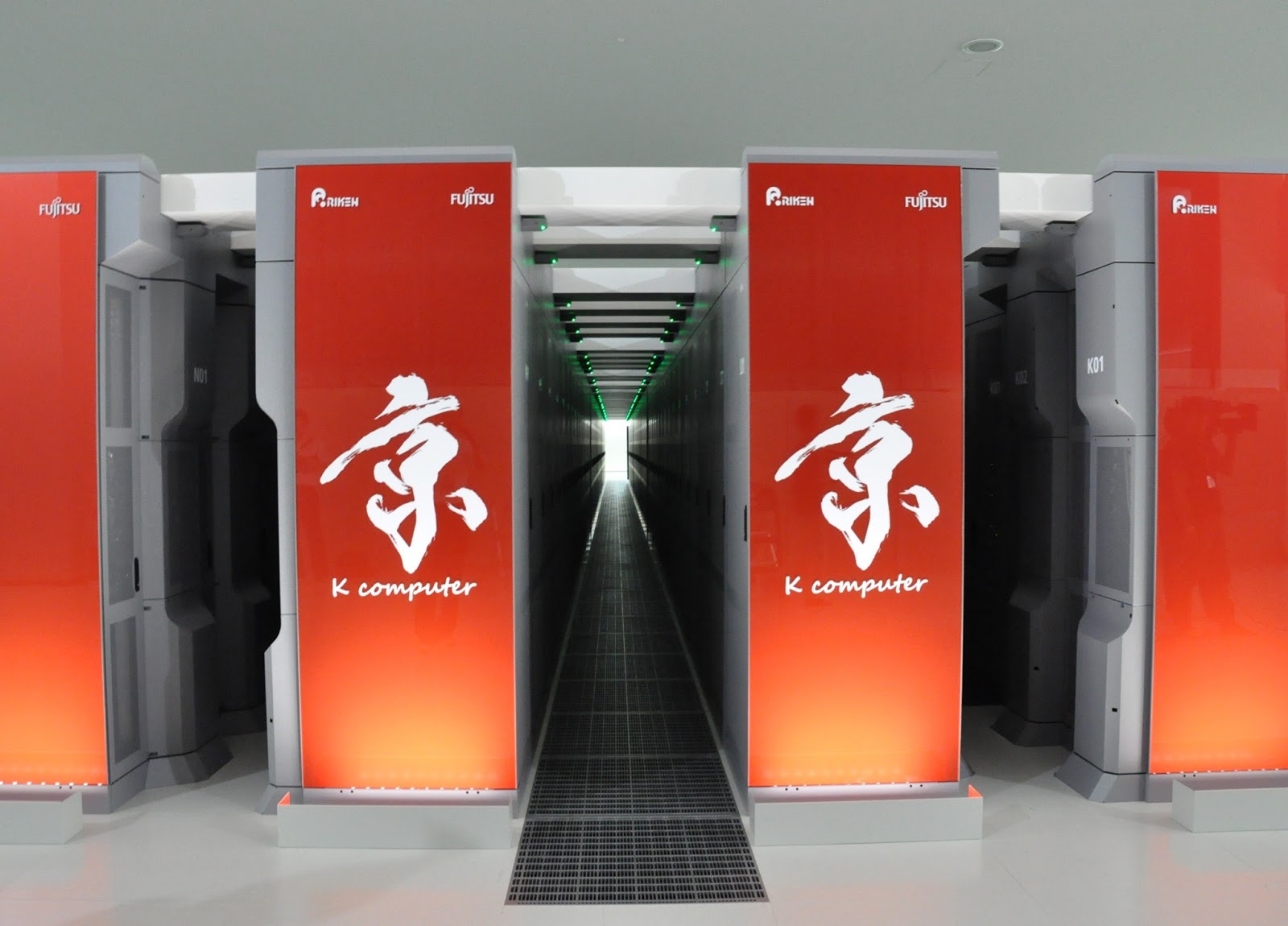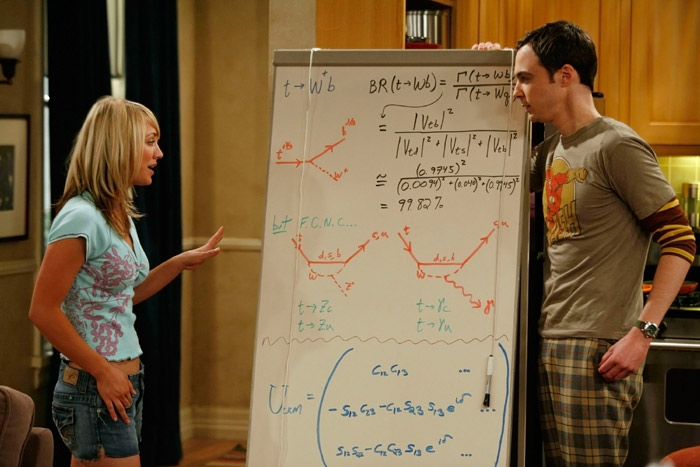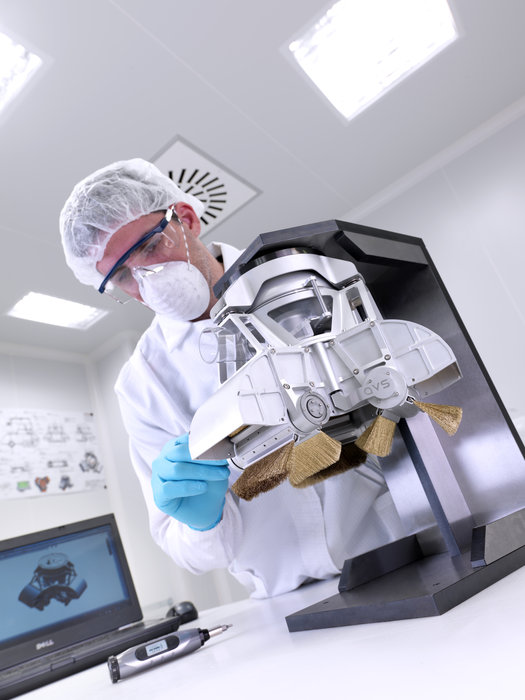While the best physicists in the world are pretty smart people, some of the more essential questions regarding to our place in the universe and mostly about how it began and where it’s going are one huge unknown factor they’re still trying to find answers to.
The Universe and its Fate
Whatever happens in the future depends on dark energy. The problem? There’s a lot scientists don’t know about it, especially its energy. It’s what accelerates the expansion of the universe, but where does it stop? Will the universe continue to expand and become a huge, vast wasteland, with galaxies drifting further and further apart from each other? Do the galaxies themselves get ripped apart from within? Another option is that dark energy decreases so that it cannot counteract the inward-pulling force of gravity, causing the universe to fall back in on itself in a “big crunch.” So basically, whichever way it goes, we’re doomed, although it will only happen in millions or billions of years.
Why is the Universe in Such Balance, Enabling the Existence of Life?
Galaxies, stars, planets and people are only possible in a universe that expanded at just the right speed during its early days. Expansion, as we mentioned above, happens thanks to dark energy warring with the inward gravitational pull of the universe’s mass, which is dominated by the invisible dark matter. A bit more of dark energy, and the universe would have expanded too fast for galaxies and stars to exist. A bit more of dark matter, and it would have collapsed on itself. According to Erik Ramberg of Fermilab in Batavia, Ill., there’s no doubt that the amount of dark energy in the universe is the most exquisitely fine tuned number in the history of physics.
Why Matter and Not Antimatter?
The difference between matter and antimatter? They have the same properties except for one vital piece: the charge. In theory, the universe began with the exact same amount of matter and antimatter, but matter won ‘the battle.’ Why? No one knows. cientists are busy searching for processes called charge-parity violations, where particles prefer to decay to matter and not antimatter, to explain the disparity, and possibly solve the huge question.
Why Does the Higgs Boson Exist?
The Higgs particle was confirmed to exist on 14 March 2013 after only being a theory for over 50 years. However, there’s quite a substantial lack of understanding since it was discovered t the Large Hadron Collider (LHC) in Europe. It interacts differently with each particle: he top quark interacts much more strongly with the Higgs than the electron does; it has zero spin. For now, scientists have no idea why this happens.
Where do Astrophysical Neutrinos Come From?
Extremely high-energy neutrinos are predicted to result from the collisions of speedy charged particles called cosmic rays with light particles (photons) in the Cosmic Microwave Background radiation that pervades the universe.
What gets this whole thing started? How are cosmic rays accelerated? There is an hypothesis that matter falling into super massive black holes gives rise to cosmic rays, but there’s no proof. The result, the neutrinos, travel so fast that each particle has as much energy inside it as a fast-pitched baseball.
For a bit more on physics, check out some info on Schrodinger’s cat paradox and the physics behind it.

